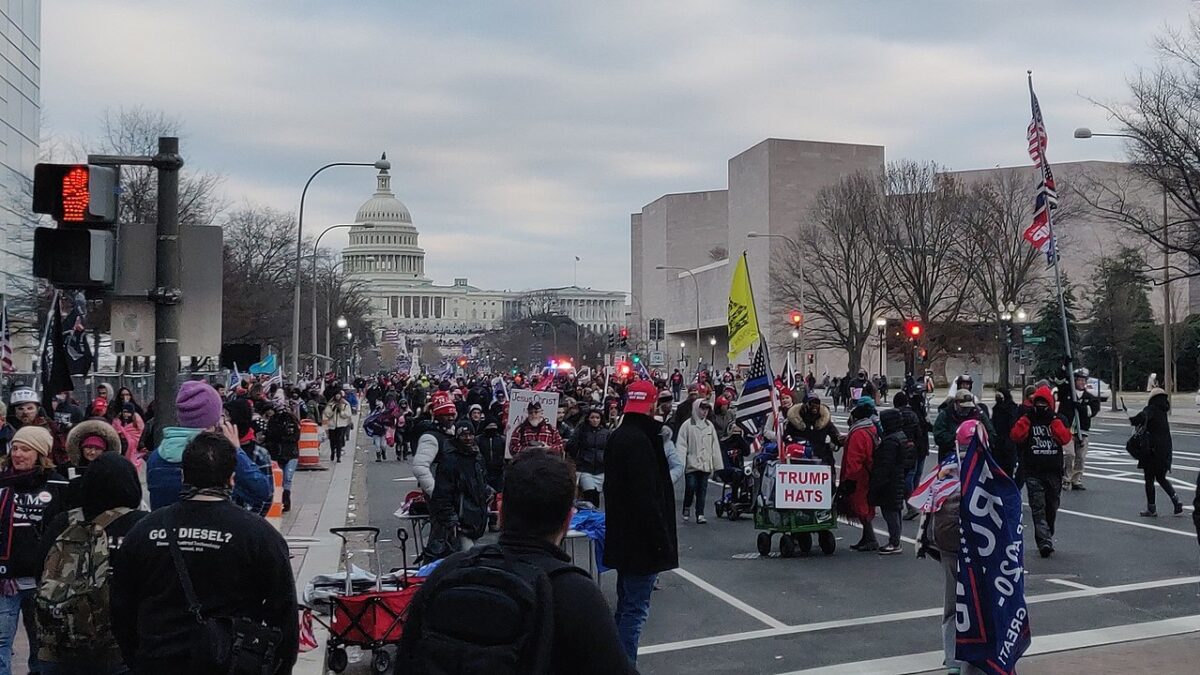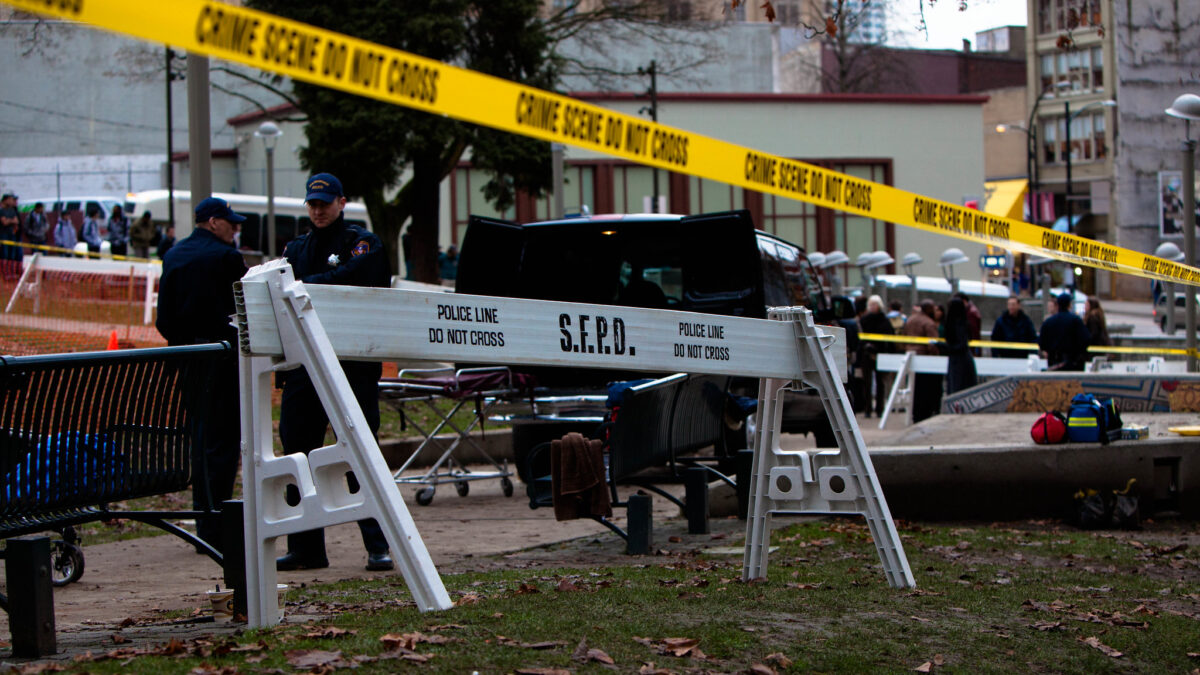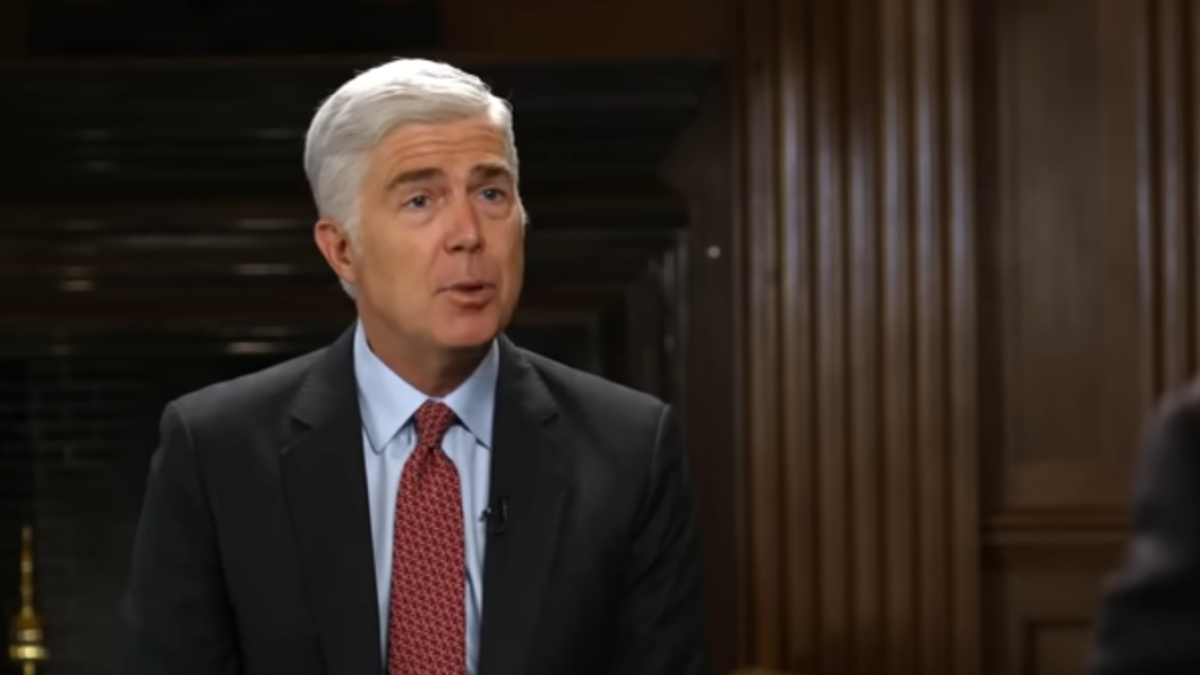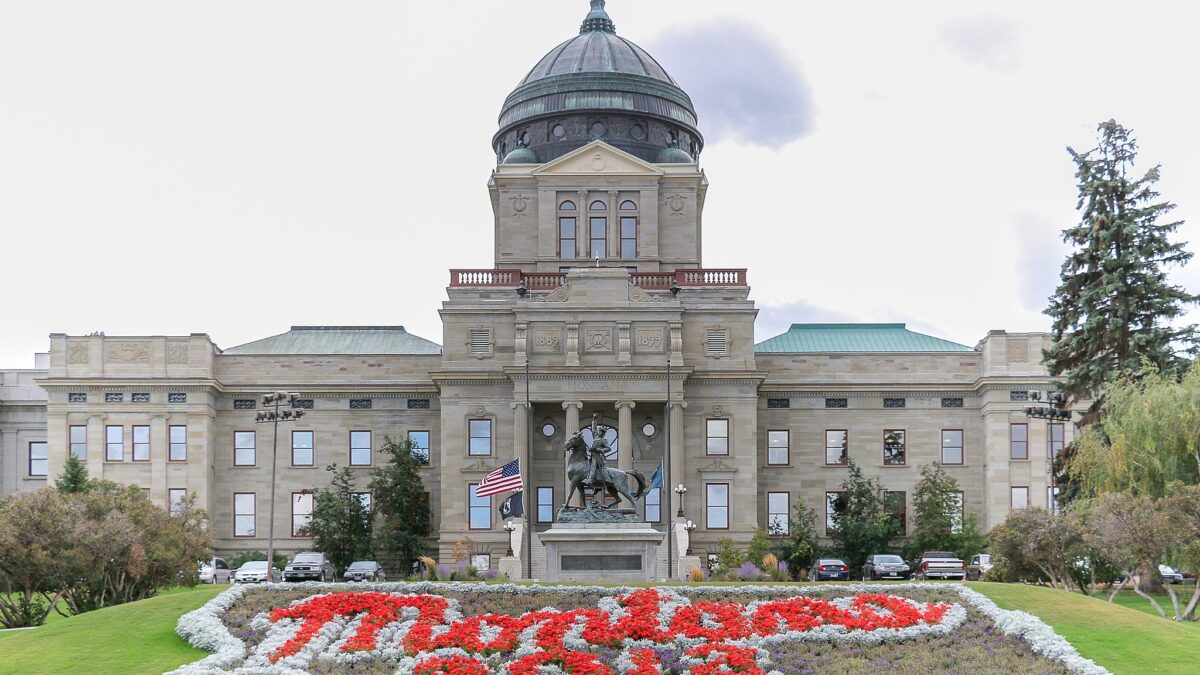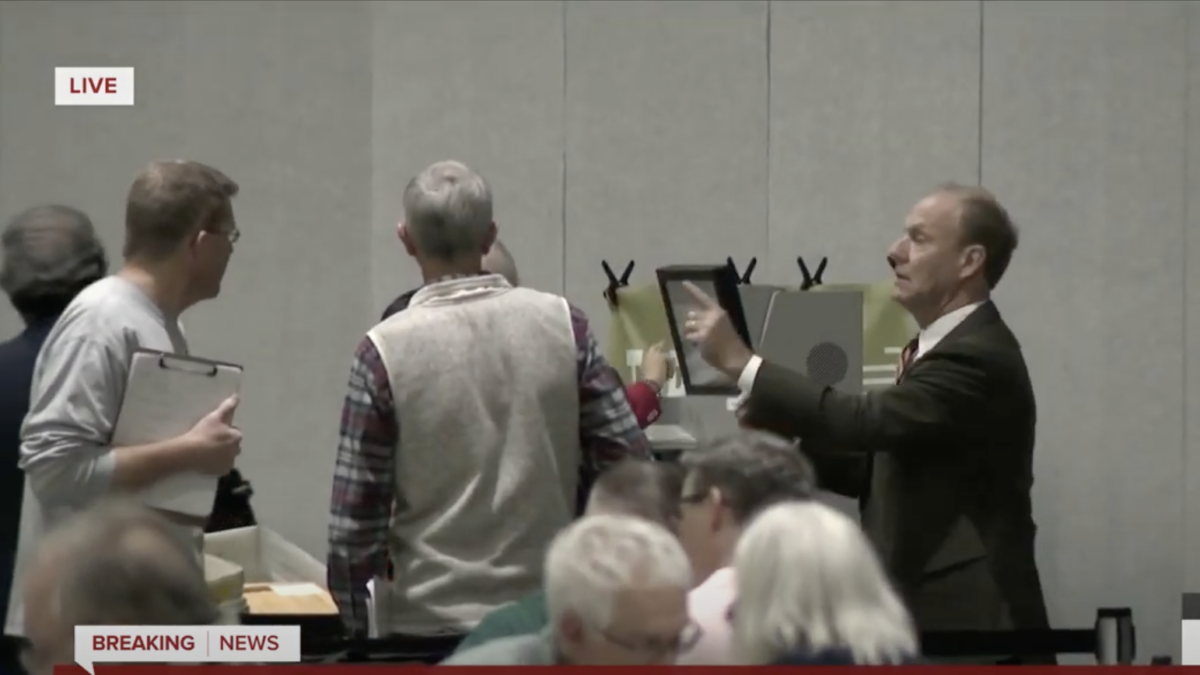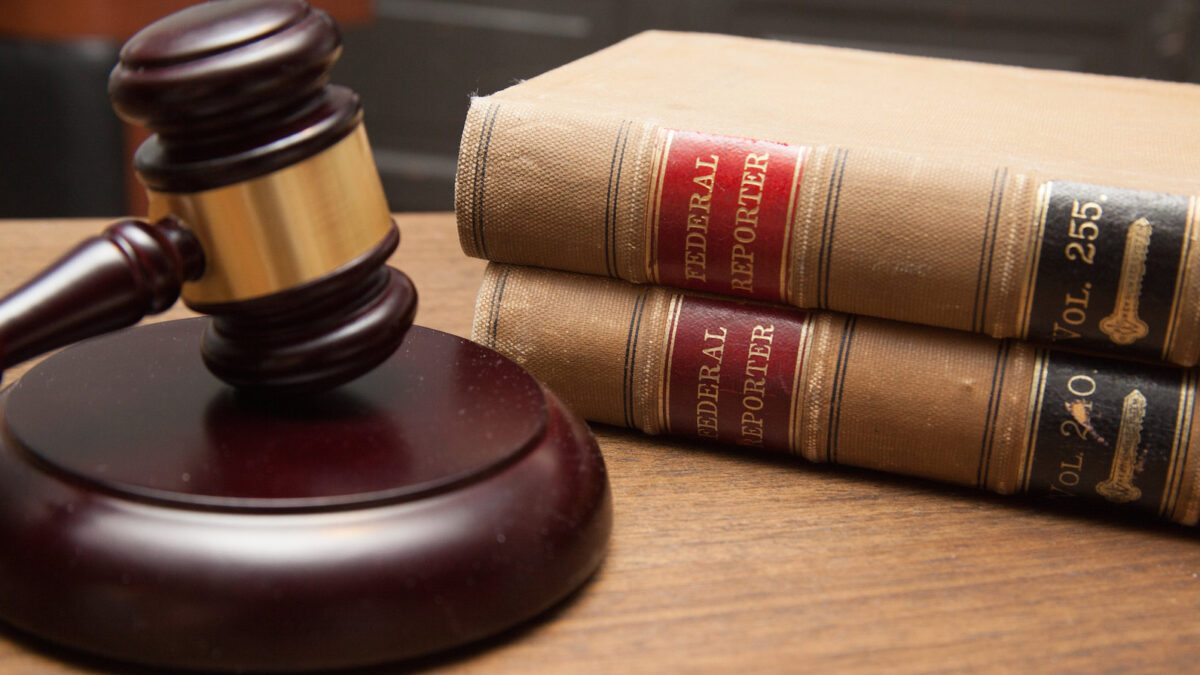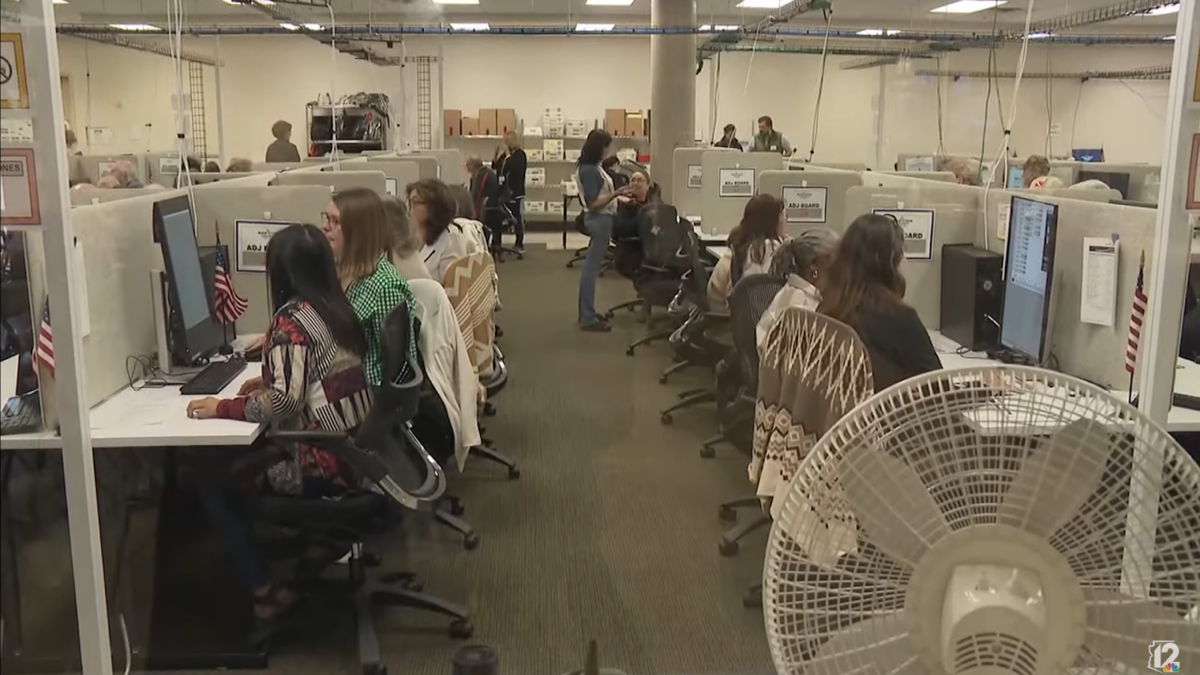1st Amendment Praetorian, a nonprofit dedicated to protecting free speech rights, filed a defamation lawsuit on Wednesday against a former staffer for the Jan. 6 Committee and publishers of his insider story of the investigation that labeled the group of former veterans as “domestic violent extremists” and a “militant group,” and portrayed the nonprofit as responsible for the violence that erupted at the Capitol on Jan. 6, 2021.
News broke last month that a former senior adviser to the Jan. 6 Committee, Denver Riggleman, had penned a behind-the-scenes book purportedly detailing the inner workings of the Jan. 6 Committee. Riggleman’s book, “The Breach: The Untold Story of the Investigation Into January 6,” was released last month, with Esquire publishing an edited excerpt of it.
The book and the Esquire excerpt both spoke of “the militant groups that took part in the attack, namely the Proud Boys, Oath Keepers, and 1st Amendment Praetorian,” adding that the committee was looking at the storming of the building as a military operation. “The targets of our investigation were divided up into five major categories,” Riggleman wrote, with one group consisting of “domestic violent extremists,” which the former Jan. 6 staffer claimed, “included militant groups like Proud Boys, Oath Keepers, and 1st Amendment Praetorian.”
Those statements were false and defamatory, according to the lawsuit filed by 1AP in a federal court in Virginia on Wednesday that named as defendants Riggleman; Hearst, which publishes Esquire; and the publishers of “The Breach,” the Holt and MacMillan publishing companies.
“Mr. Riggleman’s book pushes the Democrat talking point that military veterans who defend the First Amendment are violent extremists. We are not. We love America and it is our mission to guard its cherished values,” a representative of the 1AP told The Federalist. “Riggleman’s arrogance and reckless disregard of basic facts is not surprising. This book is low on intelligence and full on propaganda,” 1AP’s representative added.
Riggleman and the other defendants are not the first to falsely portray 1AP as “violent extremists” and “militant groups.” In July, The Federalist reported that in the days before the long Independence Day weekend, Rep. Jamie Raskin, D-Md., told The New York Times that when the Jan. 6 Committee reconvenes public hearings in July, “he intends to lead a presentation that will focus on the roles far-right groups like the Proud Boys, the Oath Keepers and 1st Amendment Praetorian played in the Capitol attack.” According to the Times, “Mr. Raskin has also promised to explore the connections between those groups and the people in Mr. Trump’s orbit.”
Raskin’s comments followed a year of the Jan. 6 Committee falsely portraying 1AP as “right-wing, paramilitary, or even a militia.” Lawyer Seth Abramson went further, claiming 1AP and its members were involved in the Capitol riot and are “insurrectionists” or “seditionists,” resulting in the group filing suit in a federal court in New Hampshire against Abramson for defamation.
Following Raskin’s comments, Leslie McAdoo Gordon, a lawyer representing 1AP in connection with the Jan. 6 Committee, corrected the record, telling The Federalist, “No matter what you think of the Proud Boys and the Oath Keepers, 1st Amendment Praetorian in no way resembles those groups.” Rather, 1AP “provides pro bono security services at events to ensure a heckler’s veto does not interfere with the speakers’ constitutional right to express their viewpoint,” McAdoo Gordon explained.
McAdoo Gordon stressed these points in a letter to the Jan. 6 Committee in response to subpoenas issued to 1AP; its founder, Robert Lewis, a retired United States Army Green Beret and recipient of the Bronze Star; and 1AP member Philip Luelsdorff, who is a former U.S. Army Ranger. Among other things, the subpoenas demanded that 1AP provide “documents sufficient to identify all employees, officers, and board members” of the nonprofit, as well as “all agendas, minutes, notes, or other records related to meetings” of the nonprofit.
McAdoo Gordon rejected the committee’s demands, telling The Federalist that to use subpoenas “to demand financial and fundraising records (including bank account information) and ‘recruitment’ information from a nonprofit civic organization, especially a civil liberties group, is wholly unacceptable,” and “a gross affront to [the] First Amendment.” McAdoo Gordon stressed that her clients had nothing to do with the violence at the Capitol and were instead targeted because of the individuals with whom they associate.
The letter to the Jan. 6 Committee further detailed 1AP’s activities in D.C., noting that the group provided security for a rally held on Jan. 5, 2021, but the planned tasking to provide security in D.C. ended after that rally. While most members of 1AP left D.C. after the Jan. 5 rally, Lewis and Luelsdorff, who had remained, were asked to provide some additional protection services for the media outlets covering the protest at the Ellipse. They were later asked by the staff at the Willard Hotel to help “maintain order given the flood of people into the lobby and around the hotel after the Ellipse events ended.” They had nothing to do with what occurred at the Capitol.
Not only did the Jan. 6 Committee know these details in April, when McAdoo Gordon first responded to the committee’s subpoena, but by early July, the information was made public — well before the publication of Riggleman’s book and the Esquire excerpt. Nonetheless, the defendants called 1AP a “domestic violent extremist” and “militant” group.
In addition to the lawsuit against Riggleman and the publishers, an attorney for 1AP is calling for the Jan. 6 Committee to respond to the false claims pushed by their former adviser.
“If the J6 Committee had an ounce of integrity, it would denounce Riggleman’s lies and admit that there is no evidence that 1AP participated in a plot to attack the Capitol on January 6,” Virginia attorney Steven Biss told The Federalist.
With midterm elections less than a month away and the Jan. 6 Committee still pushing its partisan goals by subpoenaing former President Donald Trump, that outcome seems unlikely.
